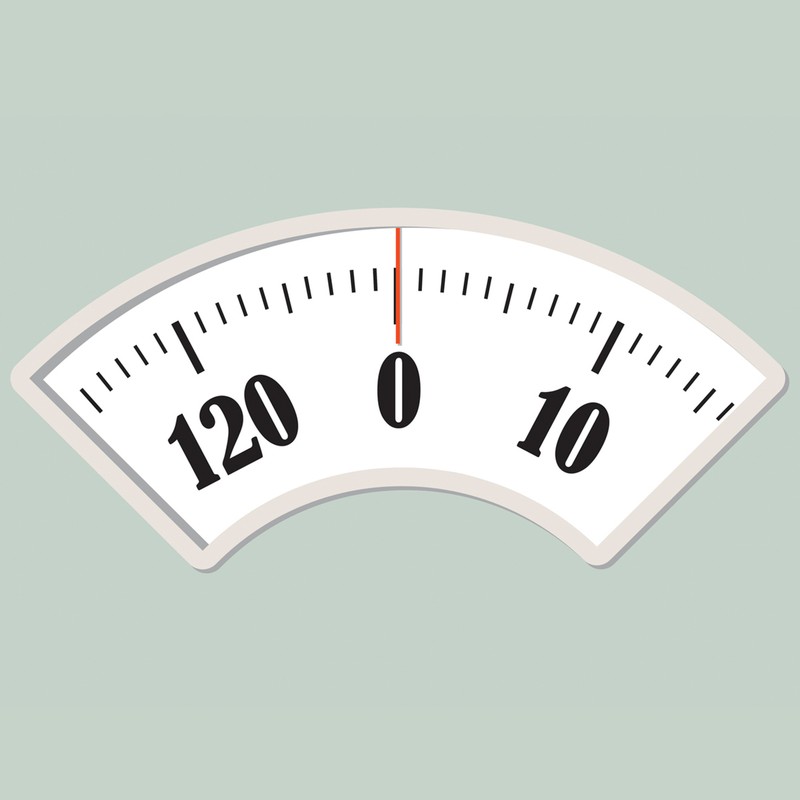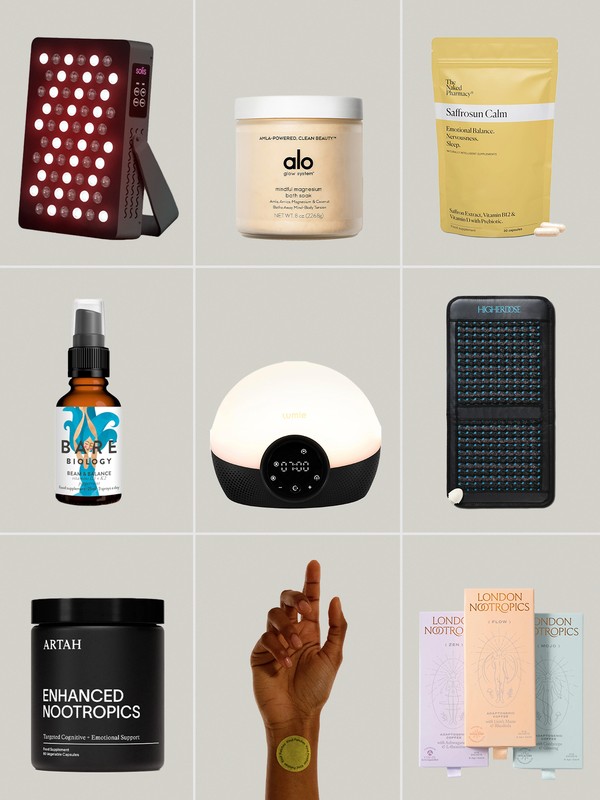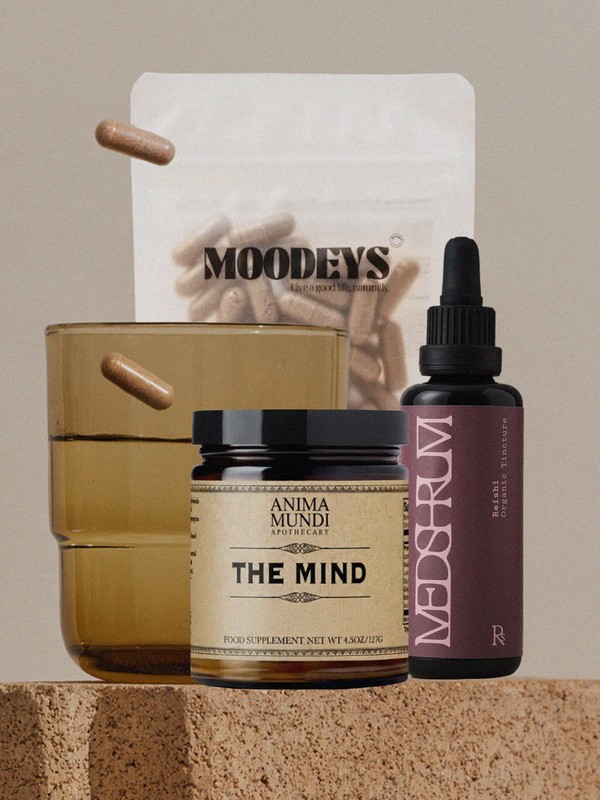Are Your Hormones Making You Gain Weight?
Firstly, Marlene, do you think there’s more to weight loss than calories in, calories out?
“Yes. There are many studies linking weight management to hormones, suggesting there’s more to weight loss than calories. One of the first things I do with my clients is teach them how they can take control of their hormones so they are in charge of whether fat is stored or eliminated. When we balance all seven hormones – insulin, oestrogen, cortisol, leptin, HGH, testosterone and progesterone – we will experience weight loss easily and keep the weight off. Under normal conditions, once hormones do their jobs properly, they’re disassembled and removed from the bloodstream. However, environmental oestrogens, for example – which we ingest from food or plastics – stay in the body and remain active for much longer periods, promoting oestrogen dominance and making you gain weight. You can gain control over your hormones and improve your body chemistry (i.e. weight) through the right food choices and exercise. It really is that simple.”
Aside from weight gain, what are the key signs your hormones are out of whack?
“Fatigue can be one of the first signs of hormonal imbalance. Also look out for changes in the frequency of bowel movements, sensitivity to heat and cold, muscle weakness, tenderness, stiffness, swelling in the joints, dry skin, skin rashes, low mood and mood swings, vaginal dryness, low libido and headaches.”
What causes hormones to go haywire?
“First and foremost, diet. Ingesting hormones from animals plays havoc with hormone balance. However, the most common consequence of ageing-related hormonal changes is menopause. Around the age of 50, your ovaries produce decreasing amounts of oestrogen and progesterone, and the pituitary gland tries to compensate by producing more follicle-stimulating hormone (FSH). The nine months of pregnancy can also be a quagmire of wayward hormones, as both progesterone and oestrogen swirl through your body to support the growing foetus. During the first 12 weeks, progesterone levels rise exponentially to keep the uterus muscle relaxed and help boost the body’s immune system. However, with a hormone balanced diet, hormones will settle back down after childbirth.”
Can you tell us the main hormones involved in weight gain?INSULIN: “Insulin turns food into energy but, if there’s too much insulin in your system, your body will store fat. Insulin rises and falls according to what you eat, particularly carbohydrates. This condition is called insulin resistance, which means your body isn’t moving the food you eat into your muscles. One in two people have insulin resistance if they’re overweight. When you normalise your insulin levels, your body will stop storing fat. If insulin remains in the bloodstream, it effectively locks the doors to fat cells.”
OESTROGEN: “Our bodies require progesterone and oestrogen to be balanced as they work in sync with each other. In the right ratio, the two hormones help the body burn fat for energy, act as an antidepressant, assist metabolism and promote sleep. When your body doesn’t have enough progesterone to keep oestrogen in check, you become oestrogen dominant. The western diet has created a huge health problem of ‘oestrogen dominance’. An excess of oestrogen in our bodies leads to weight gain, cellulite and some female cancers. It also slows down your thyroid gland (which controls metabolism). Oestrogen also causes water and salt to be retained in bodily tissues. This activates an enzyme that makes your body store fat.”
CORTISOL: “Cortisol is known for creating stress fat. Cortisol is made in the adrenal glands and is the hormone that helps regulate blood sugar, the movement of carbohydrates, proteins and fats in and out of the cells, and muscle function. Cortisol levels rise with stress. When exposed to chronic stress, the body stays bathed in cortisol, leading to higher insulin levels and a voracious appetite for sweet and fatty foods. When you are fit and have good health, spiked cortisol doesn’t cause problems but for the overweight unhealthy eater it causes the metabolism to plummet further.”
LEPTIN: “The fat cells in your body produce a hormone called leptin. At adequate levels leptin works as an appetite suppressant – it tells your brain when it’s time to stop eating and keeps your metabolism high. When levels are too low, leptin signals your body to store fat.”
How can you keep these hormones in check?
INSULIN: “It’s important to note that unrefined carbs such as wholegrains don’t have the same effect on insulin as white, refined versions, so make an effort to cut back on these. Exercise also drives insulin levels, explaining the importance of incorporating exercise into your daily routine.”
OESTROGEN: “You can avoid oestrogen dominance by removing processed foods and foods rich in sugar as they are practically devoid of fibre. Fibre from natural foods like wholegrains, fruits and vegetables moves oestrogen out of the intestines. Boosting your intake of wholegrains, plant-based proteins, good fats, colourful fruits and vegetables, green tea and natural sweeteners like barley malt and rice syrup can help. Also consider cutting down on alcohol, which impedes the liver’s ability to metabolise oestrogen – when the liver fails to break down oestrogen, it stays in the body and causes you to store fat.”
CORTISOL: “Foods that keep cortisol in check include green leafy vegetables, wholegrains, mushrooms (especially shitake and maitake) and fruits, especially berries. Exercise also keeps cortisol from taking over your body.”
LEPTIN: “Being deficient in zinc results in less leptin, but the foods eaten on a wholefood, plant-based vegan diet addresses this. Seaweeds contain abundant amounts of zinc and all other 56 minerals needed by the body for good health, particularly hijiki sea vegetables, which support hormone function and are a fantastic weight-loss food. Cutting out MSG and other commercial seasonings can also help.”
Which hormones can help keep you get lean?
HGH: “Many people refer to human growth hormone (HGH) as the fountain of youth. It is one of the greatest ‘get thin’ hormones. HGH plummets as we age, but the good news is diet and exercise boost HGH levels. Normally your body uses glucose (blood sugar) for energy before it taps into fats for energy, but HGH reprioritises everything into a fat-burning machine even during inactive periods like when you’re sleeping. HGH also helps your body grow new muscle cells. To raise this hormone naturally, eat plenty of vegetable proteins like beans, lentils, tofu, tempeh and lots of low-carbohydrate vegetables. When your blood sugar is low, your body pumps out more HGH, which will increase your metabolism and boost muscle growth. Getting a good night’s sleep is also vital – in fact, studies show sleep deprivation almost completely abolishes HGH production.”
TESTOSTERONE: “Testosterone is made in the ovaries, testicles and adrenal glands, and is critical for women. It builds muscle, burns fat, boosts energy, increases sex drive, strengthens bone, lifts depression and increases optimistic thinking. The ageing process makes testosterone levels drop, as do lifestyle factors like diet, alcohol, smoking and stress. To increase levels of testosterone, eat foods rich in beta-carotene (i.e. yellow and orange vegetables) and foods high in B vitamins. Healthy fats will also boost testosterone levels, so make an effort to eat more monounsaturated fats from nuts and avocados.”
PROGESTERONE: “When in balance with oestrogen, progesterone is known as the ‘slim and trim’ hormone. A high level of this hormone burns more calories and is a natural diuretic, which reduces bloating. Low progesterone causes low blood sugar, which in turn causes sugar cravings, insomnia, disrupted sleep and daytime sleepiness. Magnesium is a key nutrient in progesterone production, so eat plenty of organic, dark green leafy vegetables, as well as sea vegetables, seeds, nuts and beans. Other progesterone-enhancing nutrients include B vitamins, and in particular vitamin B6, found in beans, avocados, spinach and tomatoes.”
Is there a simple way to reset your hormones?
“Unfortunately, there isn’t a quick fix, but paying attention to your diet is a good place to start. And yoga can be a hugely powerful tool. Yoga is fantastic for not only weight loss but for overall calm as it reduces stress. It’s a win-win situation: a superb hormone-balancing workout that also tightens and tones the whole body.”
Finally, if you think your hormones need some TLC, what’s the first step?
“Consider getting a blood test, as most hormones can be detected in the blood. Your GP can use a blood test to check your thyroid, oestrogen, testosterone and cortisol levels.”
Marlene Watson-Tara is the founder of MACROVegan and a graduate of the CNS and eCornell Plant-Based Nutrition Certificate. She is also the author of Macrobiotics for All Seasons; and her latest book, Go Vegan, is available now. Visit MACROVegan.org for more information.
*Features published by SheerLuxe are not intended to treat, diagnose, cure or prevent any disease. Always seek the advice of your GP or another qualified healthcare provider for any questions you have regarding a medical condition, and before undertaking any diet, exercise or other health-related programmes.
DISCLAIMER: We endeavour to always credit the correct original source of every image we use. If you think a credit may be incorrect, please contact us at info@sheerluxe.com.






